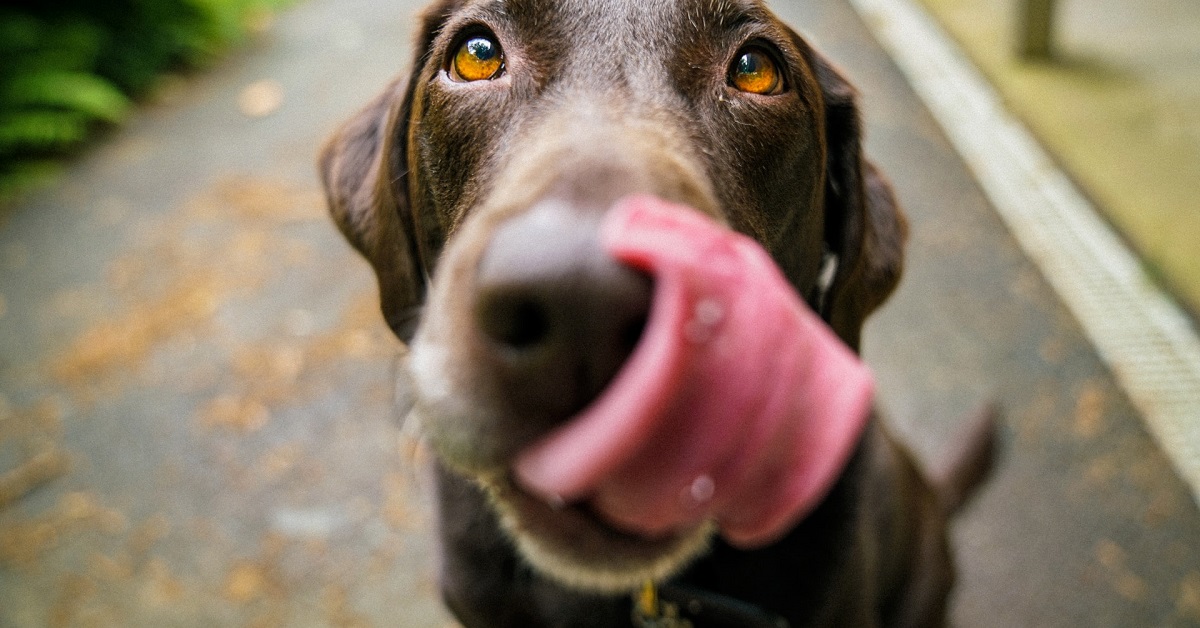Vetpharmacy.co.uk Cookie Policy : We use cookies to enhance your user experience. To find out more please view our cookie policy
How Do You Treat Lungworm in Your Dog?

Lungworm is a species of parasitic worm referred to as Angiostrongylus vasorum that mainly affects foxes and dogs. Adult lungworms dwell in the heart and the main blood arteries that supply the lungs in infected dogs, where they frequently cause a variety of potentially dangerous issues. Keep reading to find out the best lungworm treatment for dogs.
How does lungworm infect dogs?
Unlike many other infections, lungworm is not generally transmitted from dog to dog directly. The worm requires slug and snail hosts to thrive and grow, and infection might result from eating these. Slugs and snails become infected as a result of the larvae that dogs excrete in their faeces. Therefore, it is more likely that the disease will spread quickly within dog communities the more infected snails and slugs are consumed.
How common is lungworm treatment for dogs?
Lungworm is what is referred to as an "emerging" disease since it is progressively spreading. It used to only show up in a few "hot spots" in the southern region of the UK, but in recent years, it has been effectively located throughout the country. Although the specific source of this spread is unknown, it is believed that increased pet travel within and outside of the country, as well as increased wildlife contact within metropolitan areas, are all major contributing causes.

How can I tell if my dog has lungworm?
Lungworm is usually chronic and can last for months or even years. The symptoms of lungworm disease are hazy and might be mistaken for those of other disorders, such as:
- Weight loss
- Diarrhoea
- Breathing difficulties
- Coughing
- Lethargy
- Poor appetite
- Circling
- Poor blood clotting/persistent bleeding
- General sickness
- Stomach and back pain
- Vomiting
- Behaviour changes (depression, being tired)
- Seizures
Lungworm treatment for dogs
Call your veterinarian right away if you suspect your dog has lungworm, is showing symptoms of the condition, or is at risk of contracting it. Treatment for lungworm is generally accessible from your veterinarian and quite simple to use. Most dogs fully recover after being diagnosed and treated, and, like with many diseases, the key to effective treatment is acting quickly.
Ensuring your dog receives the proper preventative anti-parasite medications on a regular basis will kill lungworm rather easily. When an illness is discovered early, no invasive or expensive treatments are necessary. However, the severity of the long-term harm is likely to increase with more severe effects or infection levels, making any necessary veterinarian care more expensive.

How can you prevent lungworm?
Your veterinarian could recommend some easy preventative measures you can take to keep your dog free of fleas, lungworm, and other parasitic worms. Be particularly cautious when walking your dog if you see slugs and snails on your lawn or in a nearby park. Always clean up and properly dispose of your dog's waste, and if your dog becomes ill, call your veterinarian right away.
It's also important to ensure that your dogs are free of worms. Learn more about dog worming in our previous blog post here:
What happens if a dog licks a slug?
Slugs and snails can transmit the lungworm parasites, which can cause your dog to have major health problems, such as breathing difficulties, coughing, becoming quickly fatigued, poor blood coagulation and heavy bleeding, weight loss, and even death in dogs with immune system deficiencies.
Which wormer treats lungworm in dogs?
Shop online at Vet Pharmacy for the best wormers to treat lungworm. Here is one of our top picks:
Panacur Liquid

Shop for more lungworm treatment products today!
This blog post was written on behalf of Vet Pharmacy by Pharmacy Mentor.